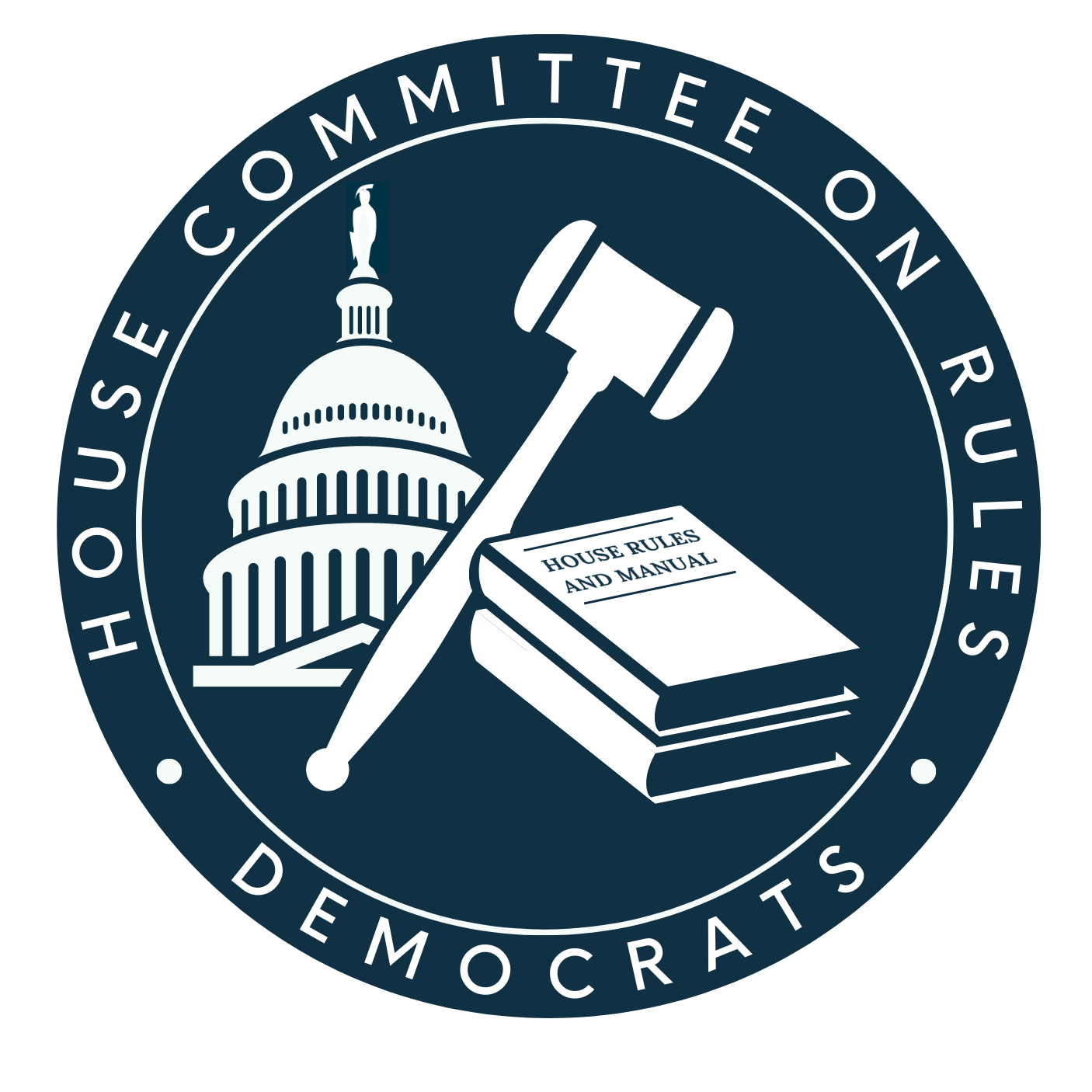Rules Resource for H.R. 3521 - Expedited Line-Item Veto and Rescissions Act
H.R. 3521 amends the Congressional Budget and Impoundment Control Act of 1974 to provide for a legislative line-item veto to expedite consideration of rescissions.
The Budget Control Act of 2011 – A New Approach with Real Incentives to Act
Amendment Process Announcement for H.R. 3581
Morbi leo risus, porta ac consectetur ac, vestibulum at eros. Duis mollis, est non commodo luctus, nisi erat porttitor ligula, eget lacinia odio sem nec elit. Donec id elit non mi porta gravida at eget metus. Vivamus sagittis lacus vel augue laoreet rutrum faucibus dolor auctor. Praesent commodo cursus magna, vel scelerisque nisl consectetur et.
Rules Resource for H.R. 3581 – Budget & Accounting Transparency Act
H.R. 3581 increases the transparency of federal budgeting by bringing off-budget entities on-budget, reforms the accounting methodology used for federal credit programs to reflect best practices from the private sector (fair value accounting), and requires agencies to promptly make public the budget justification materials they submit to Congress in support of their requests for public funds.


